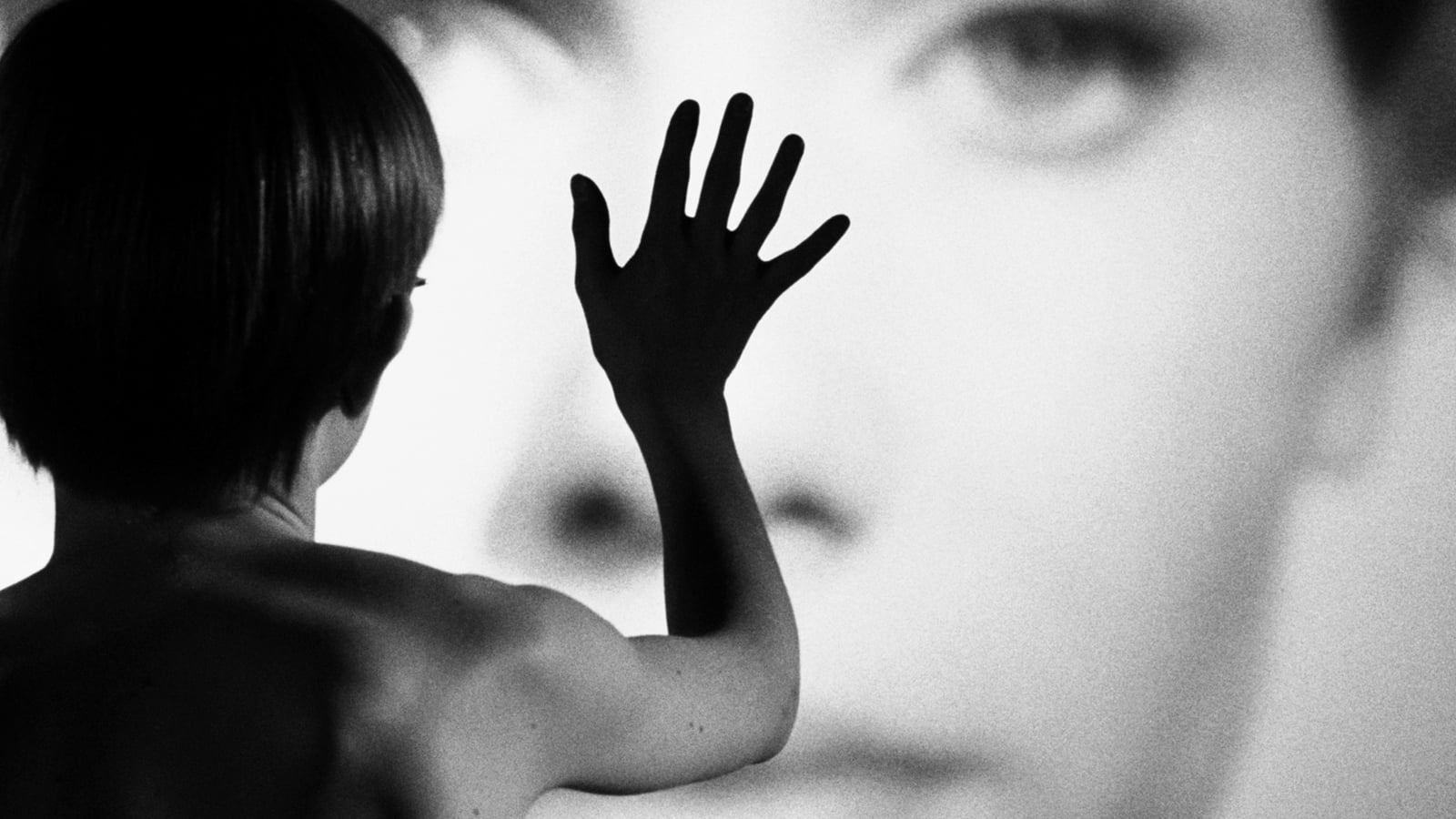-

The Best Films of the 1960s
The greatest films of the 1960s, from the French New Wave to its subversive Spaghetti Westerns.
-
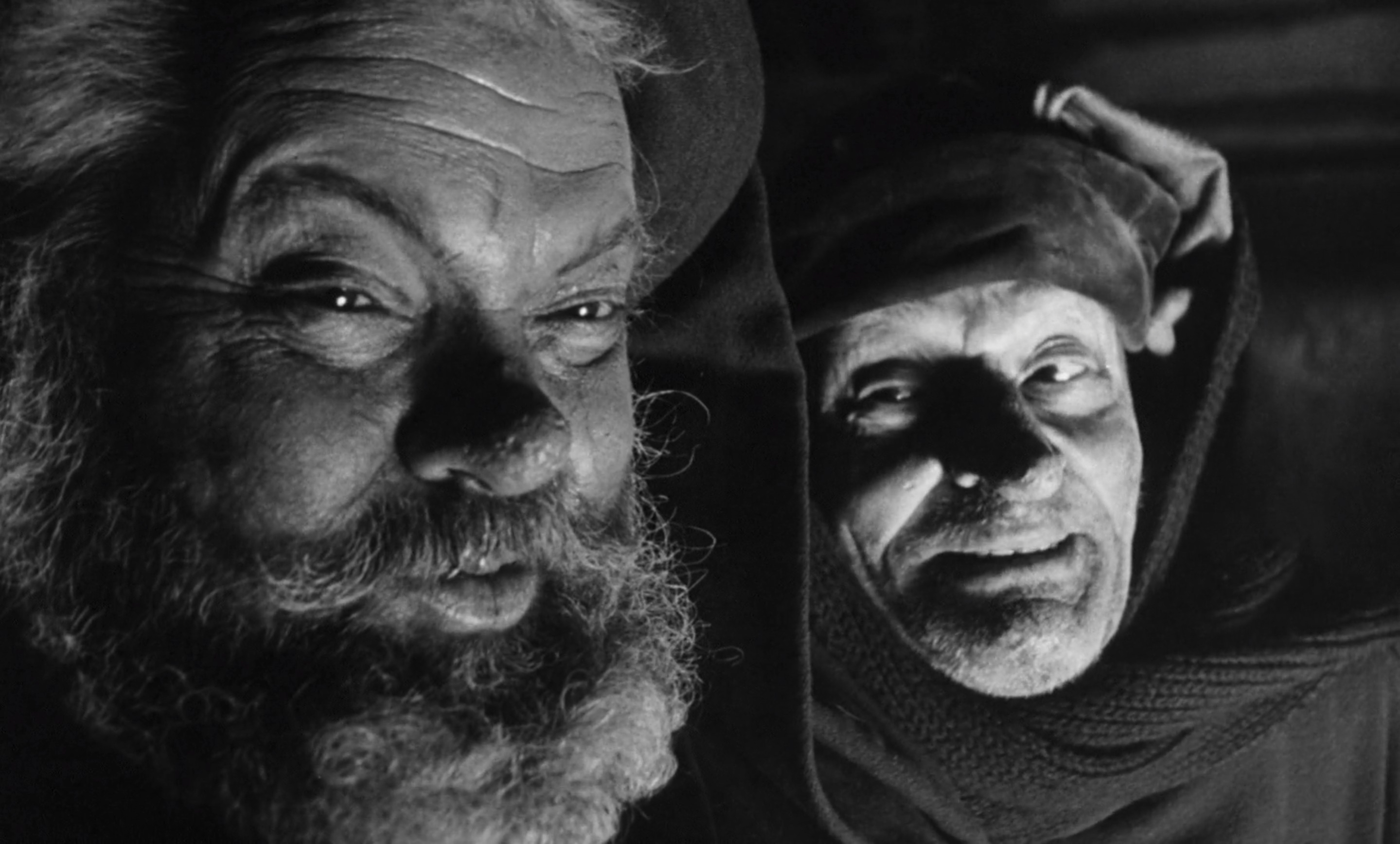
Chimes at Midnight (1965)
As he is written in Shakespeare’s works, the drunk, buffoonish Sir John Falstaff is a minor character, and yet in rearranging his scenes from multiple plays into Chimes at Midnight’s compelling tragicomedy, Orson Welles compellingly peels back the layers of his carefree hedonism, resourcefully reinventing the Bard’s classical narrative structures and archetypes as he goes.
-
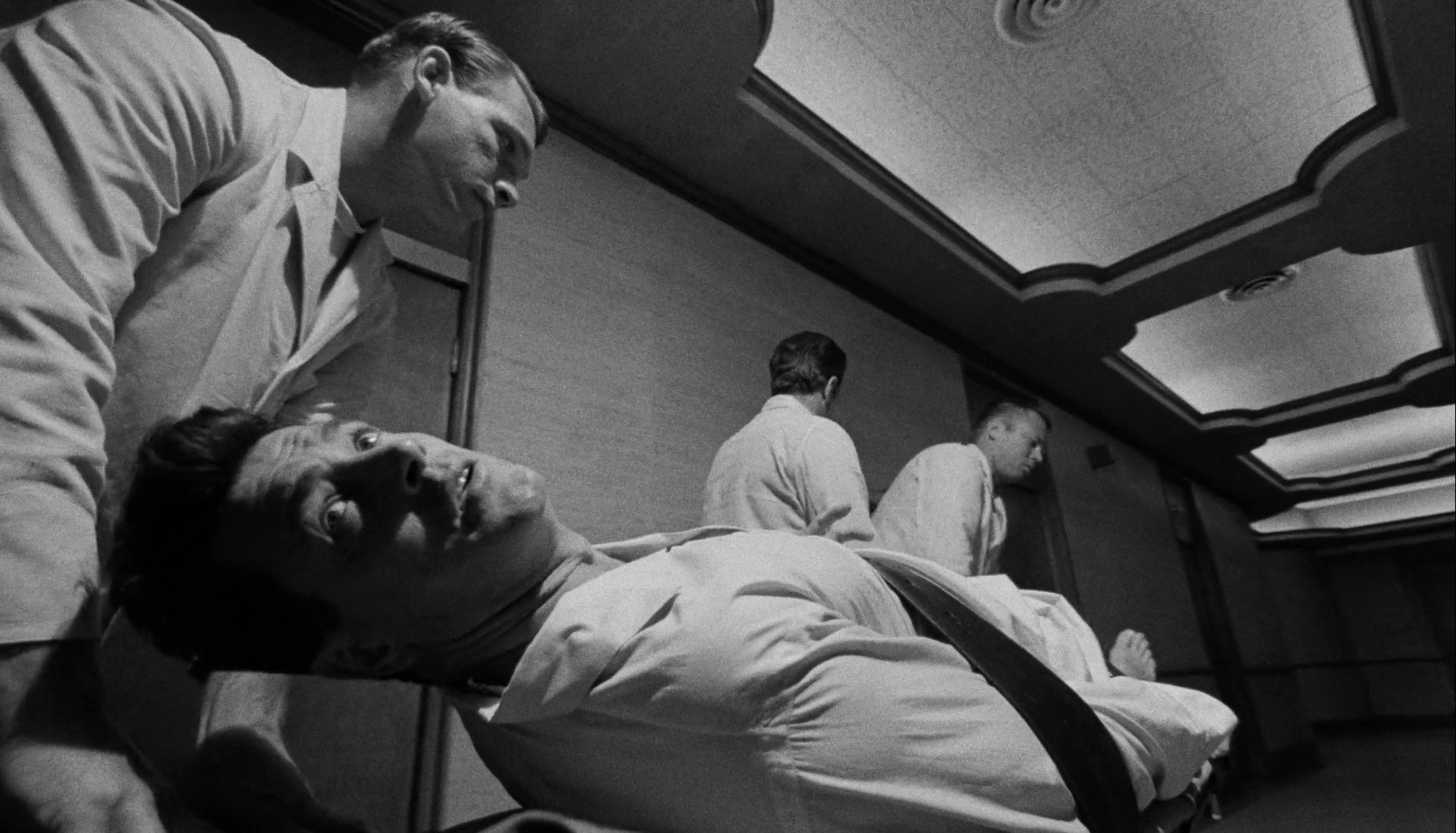
Seconds (1966)
In the absurd, Kafkaesque nightmare of Seconds, rebirth into a new body and life is a prospect that only the wealthy can afford, though what starts as high-concept sci-fi is transformed into psychological horror under the steady hand of John Frankenheimer, whose intrusive camerawork and unsettling narrative carves out existential musings over the source of…
-
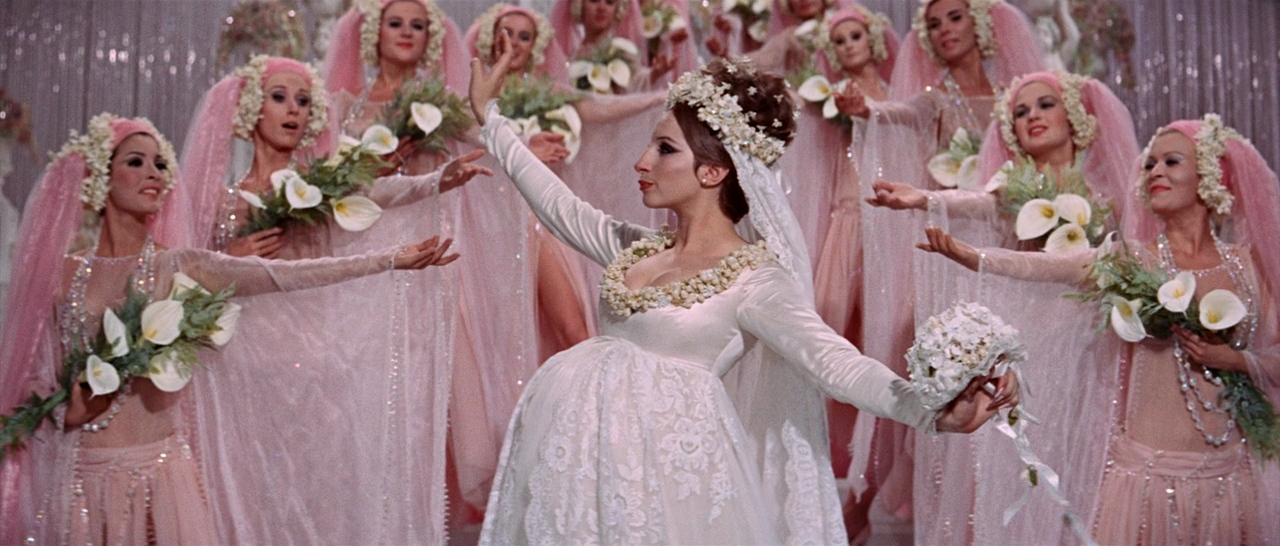
Funny Girl (1968)
Whatever compassionate respect that comedienne and Broadway star Fanny Brice was denied in her lifetime, Barbara Streisand and William Wyler make up for in their representation of her as a sensitively layered figure in Funny Girl, radiating an upbeat irreverence and vibrant musicality out from this subversive innovator of women’s roles in American entertainment.
-
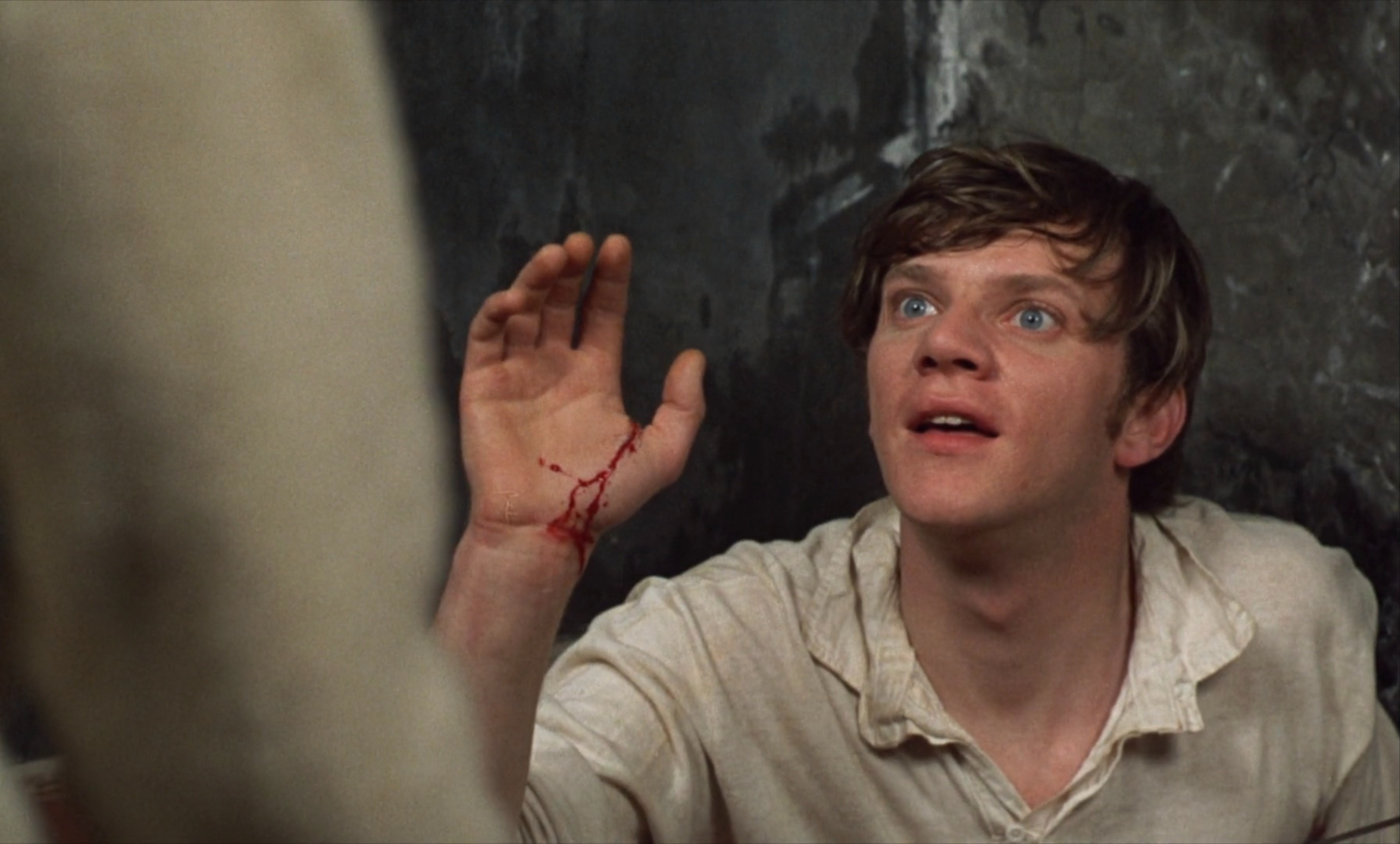
If…. (1968)
The implication of the title If…. is not a question, but an unfinished dream, as Lindsay Anderson conjectures a surreal world parallel to our own that assembles the strict hierarchy of a British boy’s boarding school into a pointed political allegory of tyrants, revolutionaries, and homoerotic power plays.
-
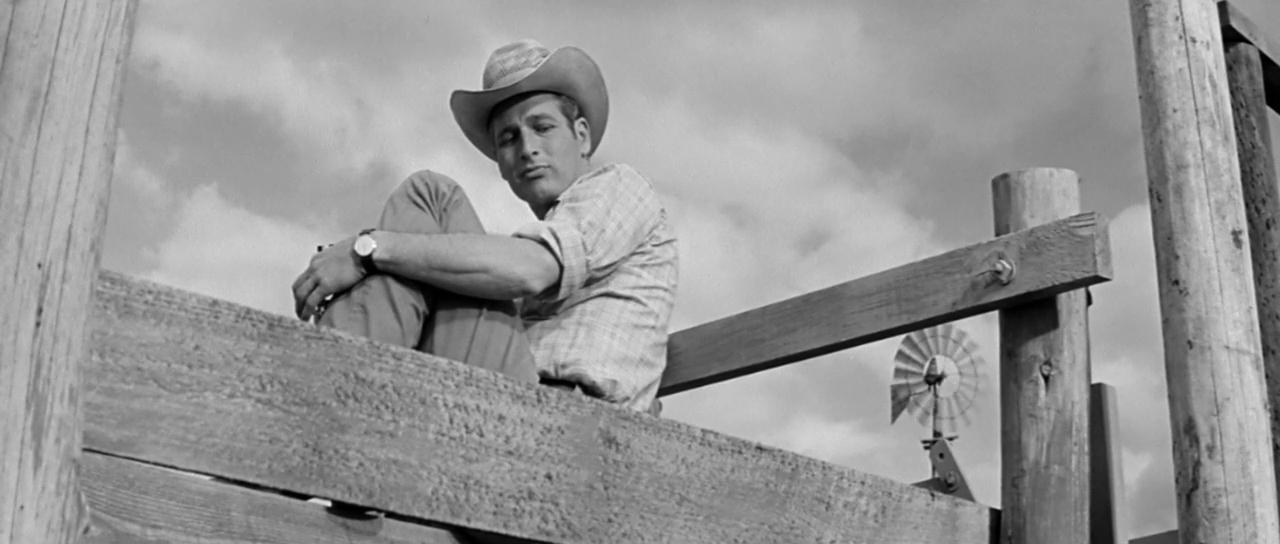
Hud (1963)
Just like the infectious disease slowly killing Hud’s family ranch, this selfish child of the Old West callously destroys the proud legacy that his ancestors spent lifetimes nurturing, as Paul Newman takes the abrasive, hyper-masculine archetype of the individualistic hero to its logical conclusion against Martin Ritt’s bleak landscapes of a dying Texan town.
-

Charade (1963)
Stanley Donen’s eclectic mix of calculated plotting, screwball antics, and authentic location shooting makes for a fascinating blend of tones in Charade, and yet he skilfully integrates all three with playful ease, infusing its Hitchcockian espionage narrative with an air of Parisian romance and peril.

